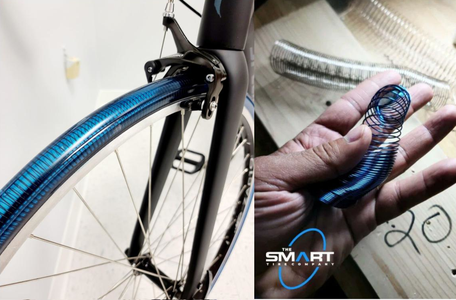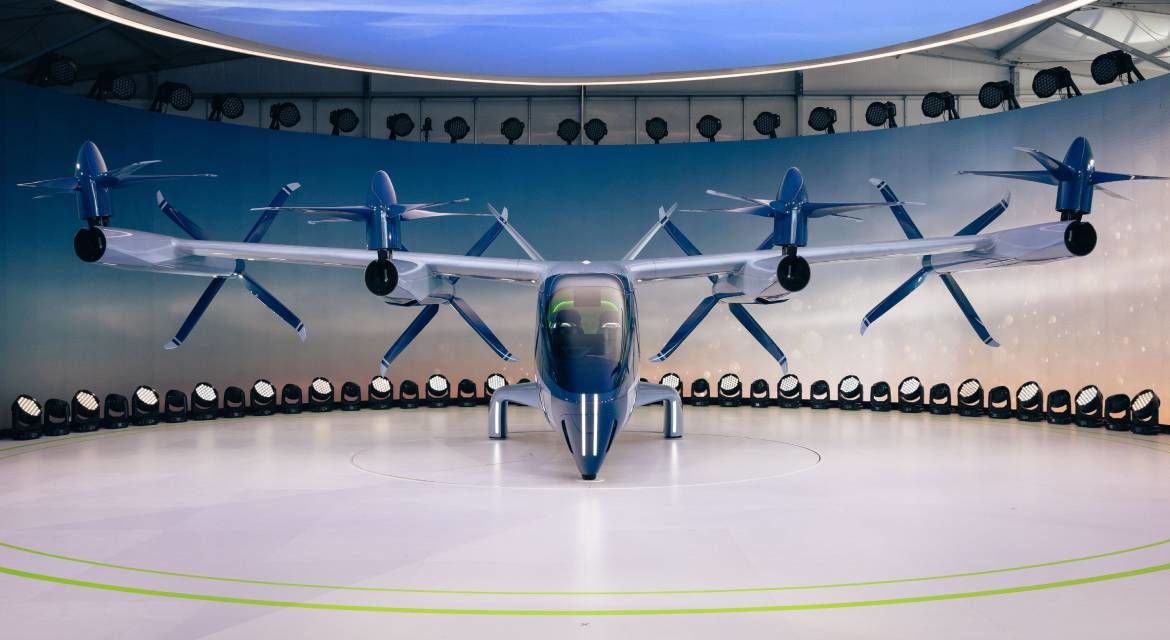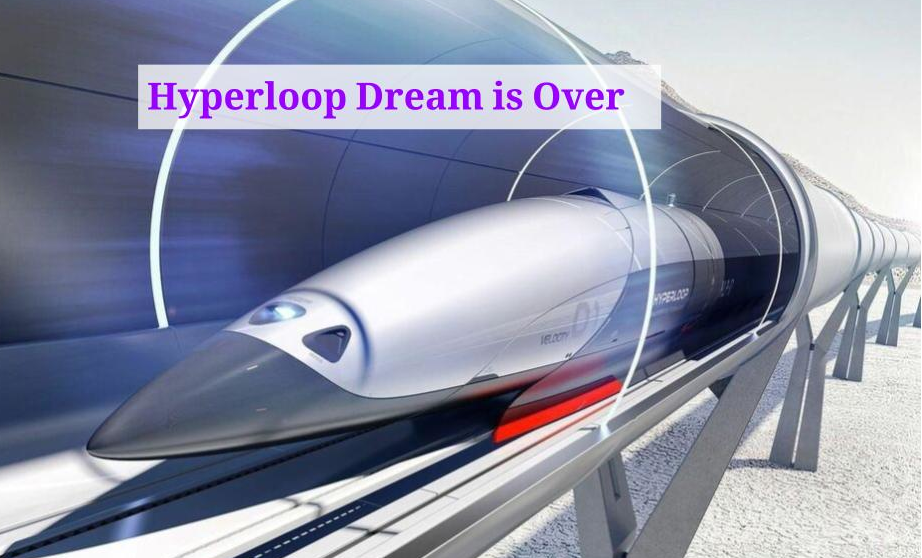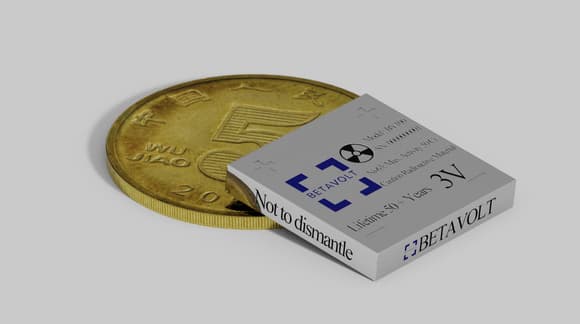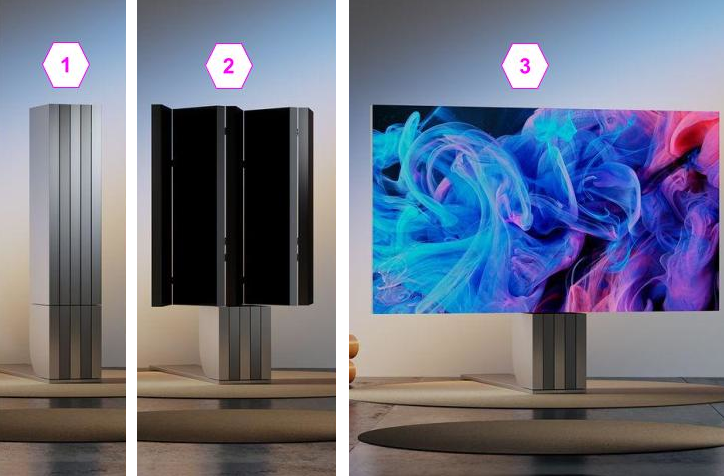Because traditional inflatable rubber tires aren't practical for lunar or Martian surfaces — there's no one to inflate or replace them if they puncture — NASA's rovers utilize wheels made from metal alloys capable of withstanding harsh terrains.
Smart Tire Company has collaborated with NASA to adapt this technology for terrestrial vehicles, introducing METL tires made from lightweight metal alloys known as NiTinol+. This nickel-titanium alloy is as flexible as rubber but as strong as titanium, requiring no inflation and immune to punctures or replacements.
This material can bend and deform repeatedly, always returning to its original shape without losing its flexibility, unlike other metals that quickly lose elasticity.
While the outer surface of these tires can be slippery, Smart Tire addresses this by applying a layer of polyurethane rubber, a material that can be replaced due to wear and tear, while the underlying tire is expected to last the lifetime of the bicycle.
These tires could prove particularly beneficial in challenging terrains and mountainous paths compared to flat roads. Cyclists who prefer not to worry about inflating or replacing tires might find them appealing.
Due to the advanced technology involved, the initial cost is expected to be high. However, widespread adoption could reduce manufacturing costs and lower prices.
METL airless bicycle tires have won two innovation awards at CES 2023, earning recognition in the Vehicle Tech & Advanced Mobility and Sustainability, Eco-Design & Smart Energy categories.
METL is not the first airless tire to target the cycling market. Companies like Tannus sell airless tires made from a patented foam that replaces rubber, and Air Fom does something similar. Although METL tires appear more durable, their real-world performance will only be known once they hit the market.
